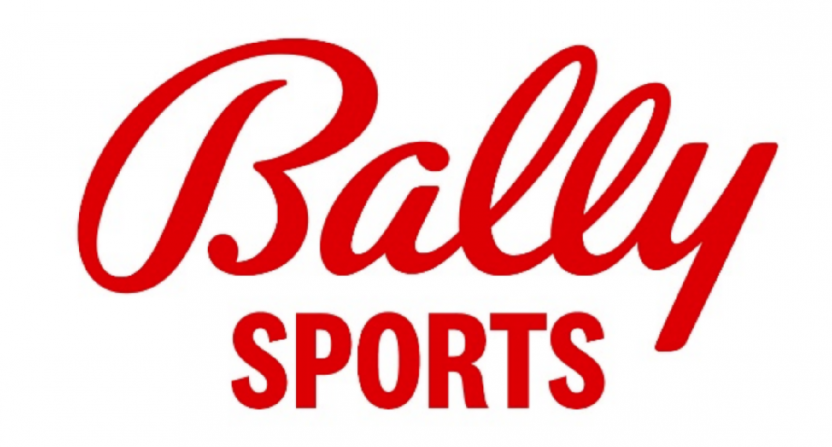Are you excited to pay through the nose to watch your local sports teams without a cable, satellite, or streaming subscription? Great news! Once we end up getting to that point, it sure does seem like sports betting is going to be the focus of Sinclair’s service.
Sinclair CEO Chris Ripley discussed the service in an investor call on Wednesday, describing it as “in-game betting but on steroids.” Cool. Great.
Per The Athletic, Ripley focused a hell of a lot on the gambling aspect of the service and just how much money it could bring in.
“For a person who is heavily engaged in sports betting, I envision a significant amount of income coming from watch-and-play, which is the gamification, real-time gamification of a sporting event, where they can play it like a video game,” Ripley said. “They can be having at risk at … money on the line, positions that are changing … every 10 to 20 seconds, based on their actions.
“And, actually, the first we’re working on that experience with Ballys, first up in tennis, tennis, you know, is … set up very, very well to do that. But we’re going to move that same philosophy through MLB, NBA, NHL too, and … we think that ends up being a very significant revenue driver, not only for this enterprise, but we also see a world that you alluded to where people engaged in that type of activity will get subsidized or comped subscriptions from the sportsbooks.”
Ripley also claimed that some distributors were on-board. In June, a pair of unnamed distributors said they “haven’t had meaningful contact” with the company about the service.
Ripley, however, said during the investors call he had buy-in from distributors (cable providers for example).
“We have … clearance, we have the right to do that from the distributors,” Ripley said. “And then in terms of the teams, we do have to renew, complete our renewals for, for the NHL and NBA and there are a few … there are several teams that on the MLB side which we have to … secure the DTC rights for.”
He also doesn’t think that the service won’t cannibalize the existing RSN product.
“There’s no question video consumption habits have and are continuing to change, with people opting to consume content outside of traditional linear channels,” Ripley said. “So we need to be able to provide them with content however and wherever they want to receive it. Having said that, we believe that demand for sports content within the traditional cable and satellite bundle will continue to be strong, as evidenced by the rating strength of local sports that I referenced. In fact, our proprietary research shows that any cannibalization that DTC product may have on cable and satellite subscribers is expected to be relatively low.”
Alright, so I’m glad we’ve managed to clarify all of this.
It’s academic that Sinclair needs some help with their RSNs, because so far, the purchase has been tumultuous (to say the least). Last November, the company posted a shocking $3.2 billion quarterly loss thanks in part to the pandemic and both YouTube TV and Hulu Live dropping the RSNs. It also reportedly owed more in rebates than it would receive in refunds for unplayed games in 2020.
Something that could hamper Sinclair’s short-term plans is the legality of sports betting in the markets it operates RSNs. Sinclair outright owns 19 RSNs and has stakes in another two (Marquee and YES). Of those 21 RSNs, mobile sports betting is legal in just three states the RSNs operate in (Illinois, Indiana, Michigan), and legislation is progressing/pending in another three (Arizona, Florida, Louisiana). Additionally, several states (New York and North Carolina currently, potentially California and Wisconsin in the future) only allow in-person betting, making the Bally service a dud in those states. Without immediate access to online betting in the California, Florida, New York, and Texas markets, it really seems like the possible market for Sinclair is capped – at least in the near future.






